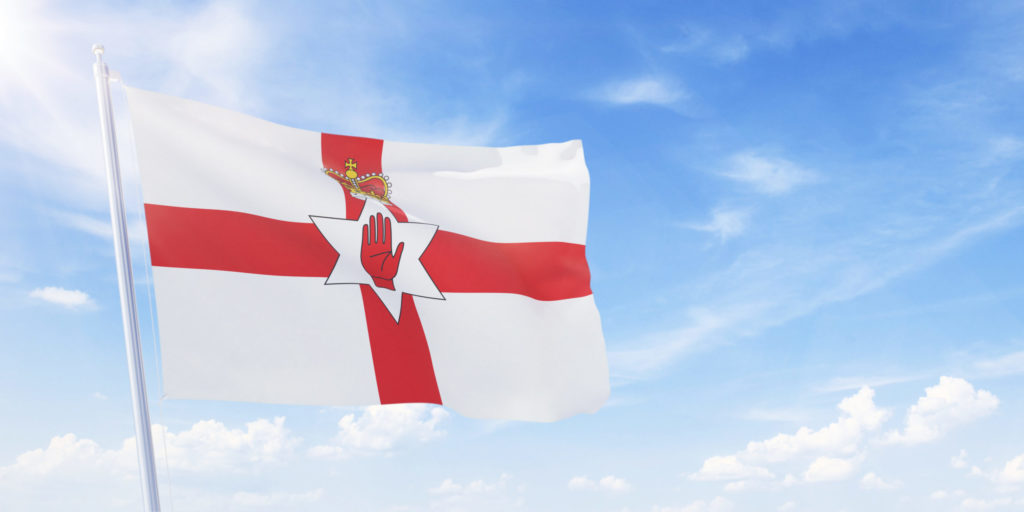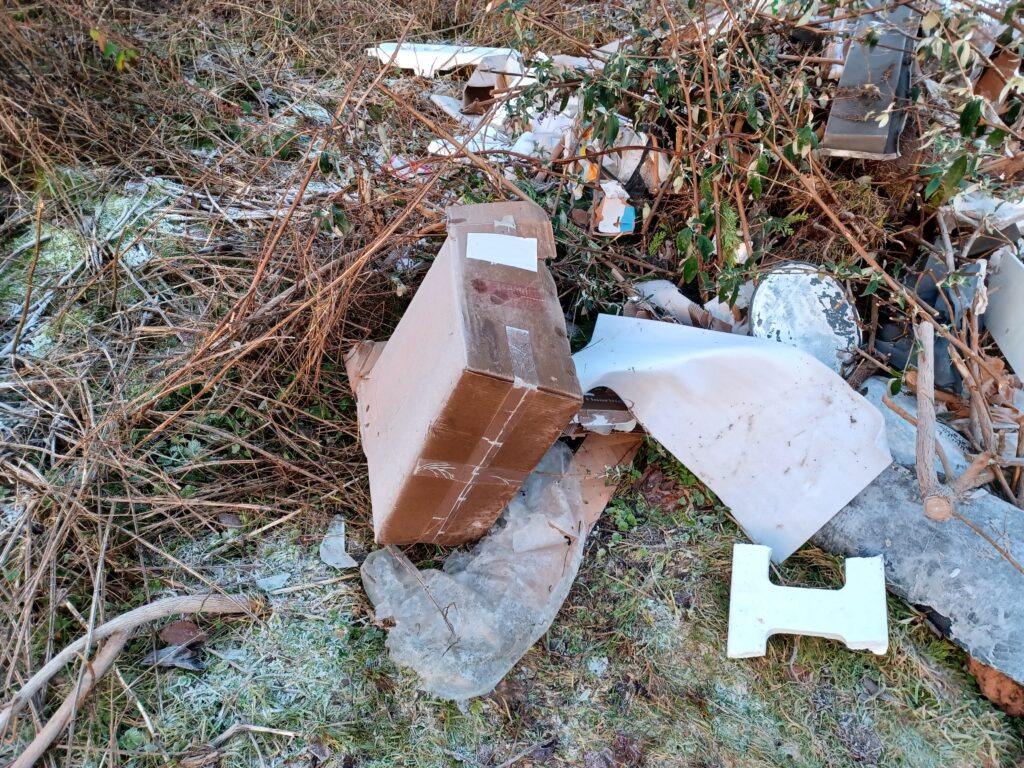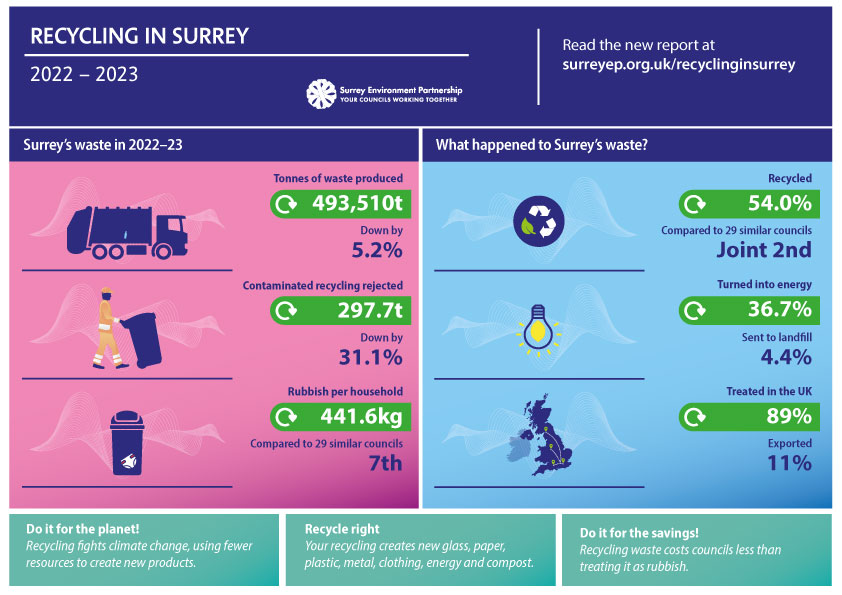When combined with the first quarter (April-June 2021), the country’s landfill rate has risen by 12.7% year-on-year in the first six months of the financial calendar.
This has sparked renewed calls from Indaver, the group behind a £240 million energy from waste (EfW) plant in Belfast, to ensure its project is delivered.
Statistics
The Department for Agriculture, Environment and Rural Affairs (Daera) published the local authority-collected municipal waste management statistics for Q3 last week (27 January).
For this period, the landfill rate for waste collected by the 11 Northern Irish councils was 23.7%, up from the 21.6% recorded during July to September 2020.
Northern Ireland’s recycling rate remained similar, but still fell from 52.9% to 52.6%.
For the first six months of the 2020/21 financial year, the amount Northern Irish councils have sent to landfill has jumped by 12.7%, from 112,654 tonnes between April and September 2020 to 126,948 tonnes between April and September 2021 (see letsrecycle.com story).
All Daera’s figures are provisional until a final end-year validation has been completed. An annual report with fully validated figures for 2021/22 is scheduled for November 2022.
Landfill
Despite the recent increase, the long-term trend has seen Northern Ireland’s July to September household waste landfill rate fall from 70.3% in 2006 to a low of 21.1% in 2020.
The 2.4 percentage point increase in July to September 2021 is the first time the household waste landfill rate has increased for this quarter since 2006/07.
Daera notes that the April to June and July to September quarters tend to have lower landfill rates than October to December and January to March due to a “higher level of compostable garden waste arising during spring and summer”.
In 2020/21 as a whole, Northern Ireland recorded its “lowest ever” landfill rate at 22.8% (see letsrecycle.com story).
‘Worrying trends’
Waste management company Indaver, the firm behind the £240 million arc21 EfW plant in Mallusk, Belfast, frequently issues a public response to the publication of Northern Ireland’s local authority-collected municipal waste management statistics.

On 28 January, Indaver’s commercial director Jackie Keaney said: “These latest figures provide further evidence of a number of worrying trends in Northern Ireland waste management.
“If we are to meet agreed climate change and circular economy targets, we need to stop burying our waste and our heads in the ground about this issue.
“It is abundantly clear that we need to deliver critical waste infrastructure here in Northern Ireland to achieve this, rather than continue to landfill our black bin waste or rely on similar facilities abroad.”
The plant is awaiting approval from the Nichola Mallon MLA, Northern Ireland’s minister for infrastructure.
Local authority-collected waste
In total, Northern Ireland’s councils collected 275,759 tonnes of waste during July to September 2021, a 4.5% decrease compared to July to September 2020.
Household waste accounted for 88.7% of all waste collected during this period.
The recycling rate for Northern Ireland’s household waste alone was 53.0 %, down from 53.9% in July to September 2020.
The landfill rate for household waste was 23.5%, an increase from 21.1% compared to the same quarter last year.
Just more than a fifth (21.5%) of all waste arisings were sent for energy recovery, lower than the 23% reported in July to September 2020.












Subscribe for free